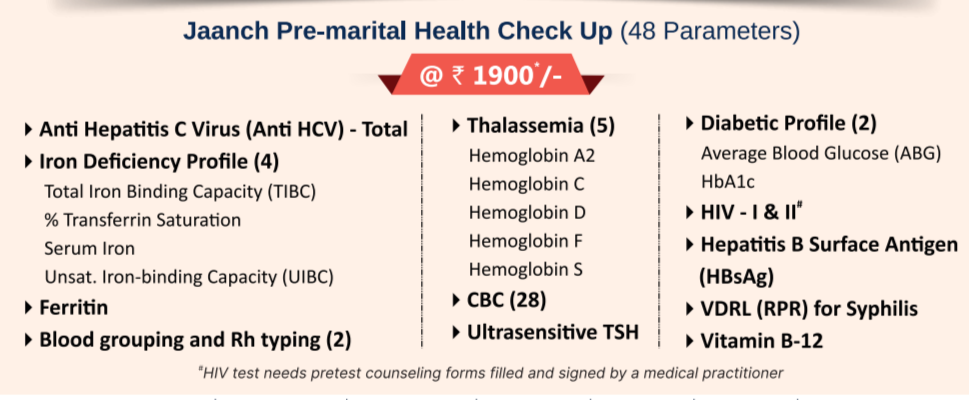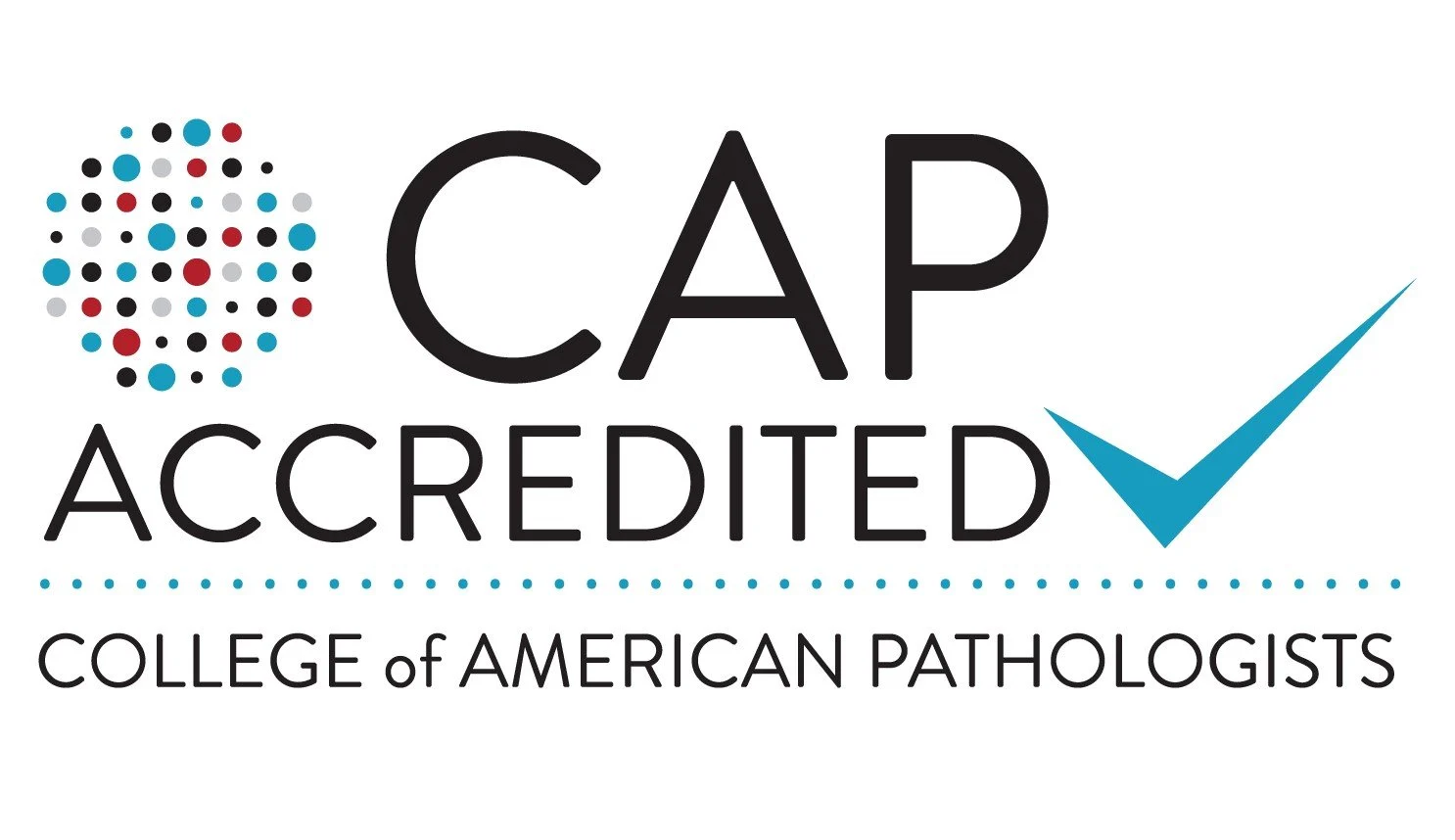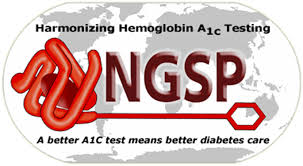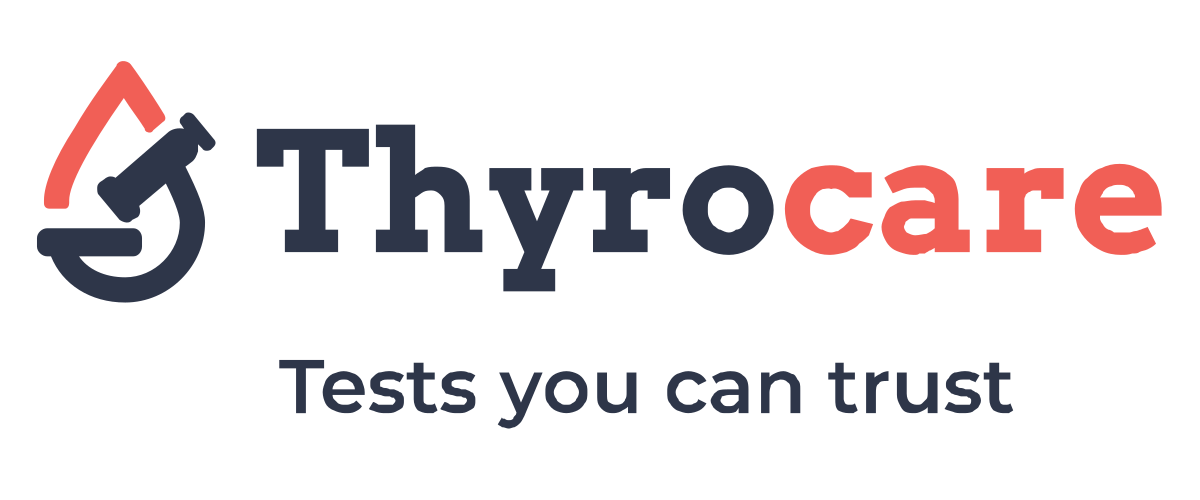What is a Diagnostic Centre?

A diagnostic centre is a medical facility equipped with advanced technology and skilled professionals that provide a wide range of diagnostic services. These centres are dedicated to conducting various tests and examinations to diagnose health conditions accurately. They serve as the first point of reference for patients and healthcare providers in understanding and managing health issues.
Services Offered by Diagnostic Centres
Laboratory Testing:

- Blood Tests: To check for conditions like anemia, diabetes, infections, and more.
- Urine Tests: For diagnosing urinary tract infections, kidney diseases, and other metabolic conditions.
- Biopsy: To detect cancer and other abnormal tissue growths.
Imaging Services:

- X-rays: For detecting bone fractures, infections, and other abnormalities.
- Ultrasound: Used for monitoring pregnancies, and diagnosing abdominal issues and soft tissue conditions.
- MRI (Magnetic Resonance Imaging): Provides detailed images of organs and tissues.
- CT Scans (Computed Tomography): Combines multiple X-ray images to create detailed cross-sectional views of the body.
Cardiology Tests:

- ECG (Electrocardiogram): Monitors heart activity and detects irregularities.
- Echocardiogram: Uses sound waves to create images of the heart.
- Stress Tests: Assess heart function under physical exertion.
Other Specialized Tests:
- Allergy Testing: Identifies specific allergens causing allergic reactions.
- Genetic Testing: Detects genetic disorders and predispositions.
- Endoscopy and Colonoscopy: Visual examination of the gastrointestinal tract.
Importance of Diagnostic Centres
- Early Detection and Prevention: Diagnostic centres play a crucial role in the early detection of diseases. Early diagnosis can significantly improve the chances of successful treatment and can even prevent certain conditions from developing further.
- Accurate Diagnosis: Accurate and timely diagnosis is the cornerstone of effective treatment. Diagnostic centres provide precise results that help healthcare providers devise appropriate treatment plans.
- Monitoring and Management: For chronic conditions like diabetes, hypertension, and heart disease, regular monitoring through diagnostic tests is essential. This helps in managing the disease effectively and adjusting treatment as needed.
- Advanced Technology: Diagnostic centres are equipped with the latest medical technology, ensuring high accuracy and efficiency in test results. This reduces the margin for error and enhances patient care.
- Convenience and Accessibility: With diagnostic centres available in various locations, patients have easy access to essential healthcare services. This convenience ensures that more people can undergo necessary tests without significant travel or wait times.
Choosing the Right Diagnostic Centre

- Accreditation and Certification: Ensure that the centre is accredited by relevant health authorities and follows standard protocols.
- Qualified Staff: The centre should have experienced and qualified healthcare professionals who can accurately conduct tests and interpret results.
- Technology and Equipment: Advanced and well-maintained equipment is crucial for accurate diagnosis.
- Reputation and Reviews: Look for centres with positive reviews and a good reputation in the community.
- Range of Services: Choose a centre that offers a comprehensive range of diagnostic services to cater to all your healthcare needs.
Final Thoughts:
Diagnostic centres are vital in the healthcare ecosystem, providing essential services that aid in the early detection, diagnosis, and management of diseases. By choosing a reliable and accredited diagnostic centre, you ensure that you receive accurate and timely health assessments, paving the way for better health outcomes.
Stay proactive about your health and make regular diagnostic checks a part of your healthcare routine. After all, timely diagnosis can be the key to a healthier, happier life.




.png)
.png)

.png)

.png)

.png)
.png)

.png)
.png)

.png)
.png)


.png)

.png)

.png)
.png)

.png)
.png)

.png)
.png)





